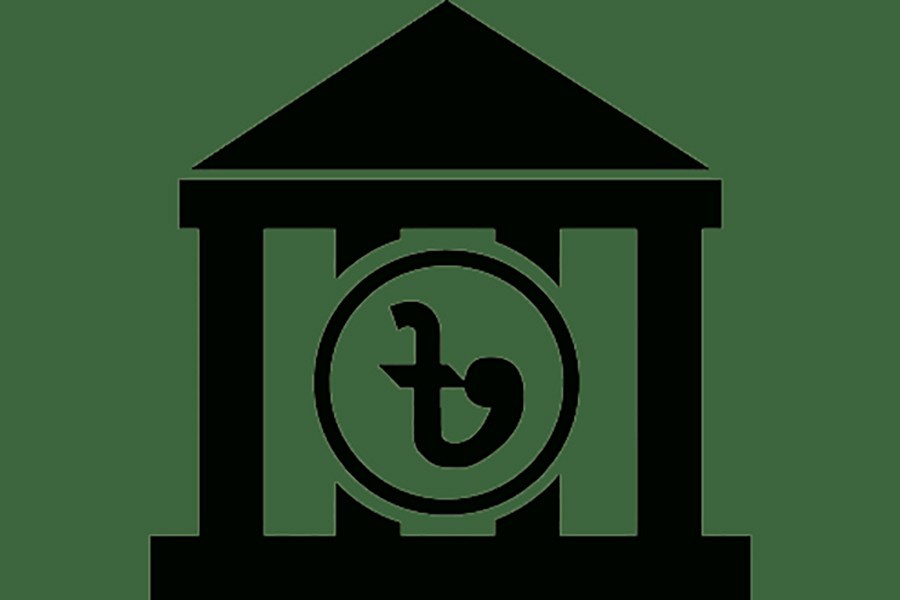Thirty-three scheduled banks have invested Tk 29.68 billion in stocks and sukuks through a special window meant for stimulating Bangladesh's securities-hungry capital market, officials say.
The banks channeled the investments into the stock market from a special fund they each formed in line with the central bank's circular issued to support the market with tradable securities as stock traders, in cases, were piling bets on limited issues only to see certain imbalance.
Bangladesh Bank (BB) officials say those banks invested 53 per cent of the aggregate amount of individual fund, formed on December 31 last.
The aggregate amount of the funds so far formed by those banks comes to around Tk 53 billion, according to information from the central bank.
"The banks formed the special funds each ranging from Tk 800 million to Tk 2.0 billion in line with the BB circular," one BB official says.
Some 38 per cent of the Tk 29.68 billion in the market has been invested in units of sukuk-a bond derivative devised under Sharia rules for finance investment, based on profit sharing instead of interest bearing.
As a result, the amount of the funds injected in the new-comer sukuks has stood at Tk 11.27 billion.
The banks began investing in sukuk instruments after the central bank had allowed them to invest in a private Green Sukuk bond from their special funds formed for investment in the capital market.
After the introduction of this provision, there was only one green sukuk issued by Beximco on the new bond market. And the response was saucy.
Some Tk 11.27 billion was invested in the lone BEXIMCO Green-Sukuk by the banks.
The BB official said all the state-owned banks, other than Bangladesh Krishi Bank (BKB) and Rajshahi Krishi Unnayan Bank (RAKUB), have formed special funds having different sizes.
In February 2020, the BB issued a circular on the formation of the special fund worth Tk 2.0 billion by each bank following the merchant bankers' request to form a Tk 100-billion fund from the government to support the capital market.
As per the rules, a bank can create a five-year special fund with its own resources or with financing received from the BB through repo or re-financing schemes.
Funds from such a special fund are allowed to be invested in equity shares, mutual funds, bonds or debentures, and special purposes maintaining the prescribed criteria.
According to the BB circular, the banks are not required to make any provision for a decrease in the market value of their investments.
Such investments are also not added up to the banks' exposure to the stock market.
"Taking the advantage of this scope, some banks made investments in the stock market in breach of guidelines set for the special funds," said the BB official.
After issuance of the circular, many banks did not show interest to create the special fund for reasons that include fate of their investments amid volatility on the capital market.
The outbreak of the Covid-19 pandemic also hampered the formation of the special funds by the scheduled banks.
The securities regulator earlier had expressed dissatisfaction over the banks' poor response to invest in the stock market under the special fund.
They suggested that the central bank should come forward to facilitate the formation of the special fund and its investments for the sake of the stock market.
In this regard, a BB official said they cannot pressure the banks to invest in the market.
"The banks' investment will depend on their own policy. We have framed guidelines and the banks are allowed to invest in line with their own decisions and guidelines," says the official.
The central bank's move for creating the special window in February 2020 was to support the then-dithering stock market which used to see frequent volatility and commotion. However, market players stay in wait to see impact of this stabilizer.
President of Bangladesh Merchant Bankers Association (BMBA) Md. Sayadur Rahman finds it difficult to quantify the outcome of the special fund at this stage.
"This type of investment is optional for the banks. Definitely, it's a support for the market," Mr. Rahman says.


